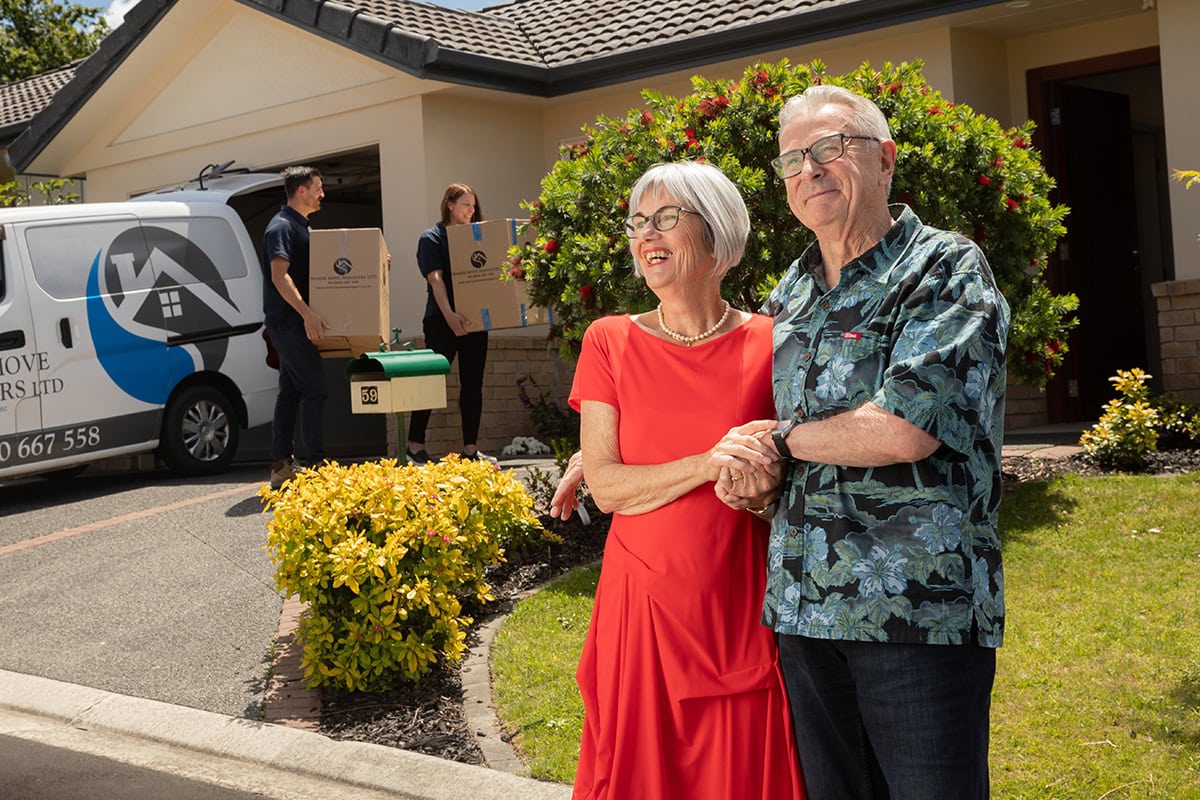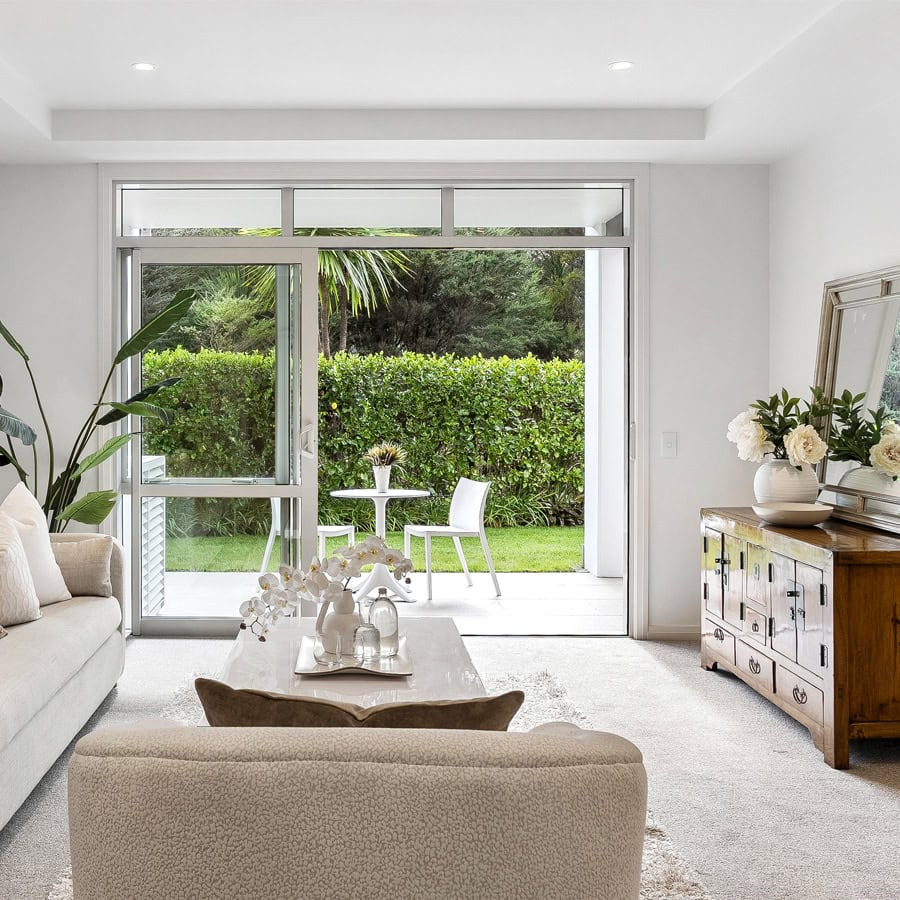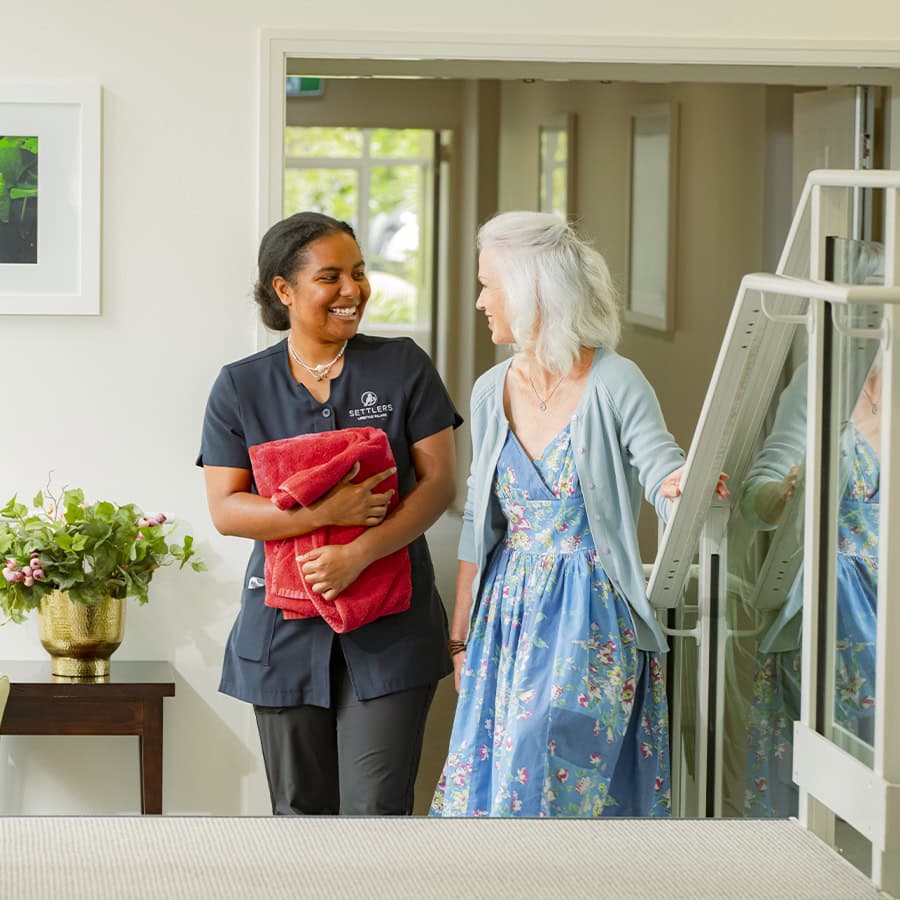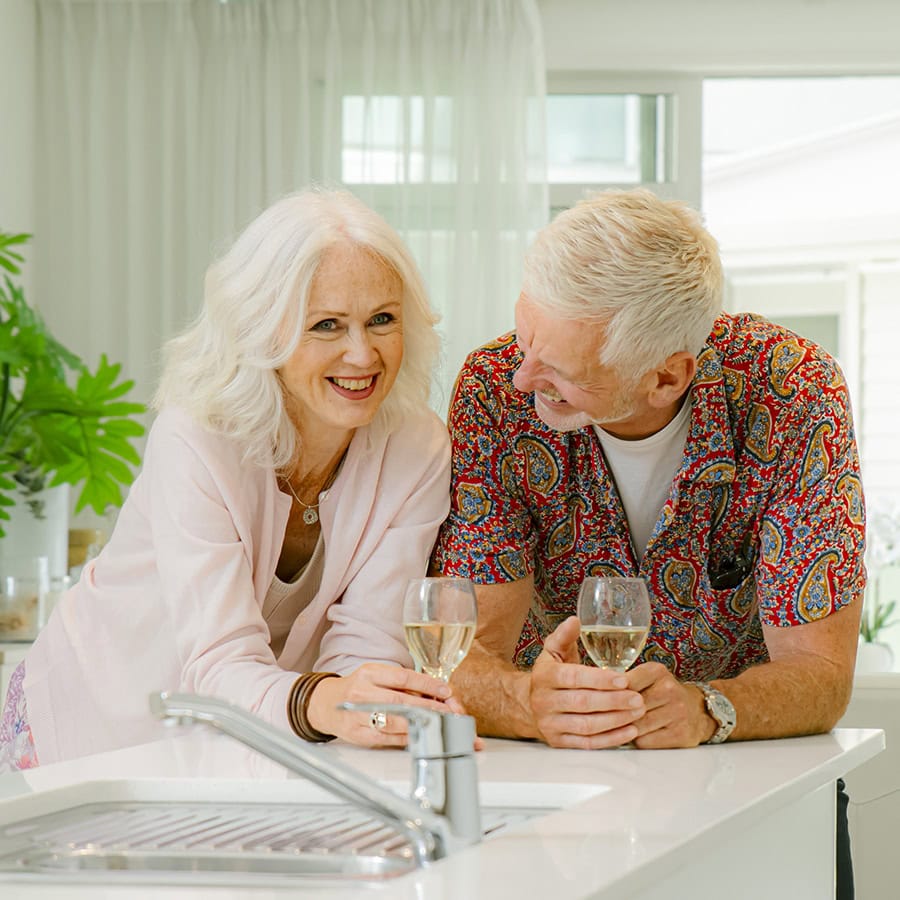Christmas is a time for us to come together as a family and create new memories in that familiar place that means so much to us all. For many of us that means gathering together in the family home. But what happens when it’s time to consider selling the family home?
Our emotional attachment to our homes
I was fortunate to grow up in the same family home. My mother still resides there today after 40 years. However, it is more than a home, it is “the homestead”. Our extended family refers to it as our marae – the meeting place, as we have gathered as a family there since 1981. All the highs of life have been celebrated here, including wedding receptions, anniversaries, birthdays, and Christmas. But so too have all the lows, like funerals. We believe there is a spiritual aspect to our home, an energy that is absorbed within its walls and foundations to the point where it really does ‘feel like home’ to us.
Throughout the years, my mother has recounted how, at 14, she felt a connection to the house and was curious about what was inside. On her way to school, she wondered who lived in the home. Given its size, was it one or two houses? What was it like inside? She thought, “What a lovely house that would be.” Her admiration and curiosity continued for years until it finally hit the market. Now married and much older, she arranged for the agent to take her through it. From the bottom of the drive, she knew even before she had seen inside that it was the house she wanted. Together with my father, she bought it.
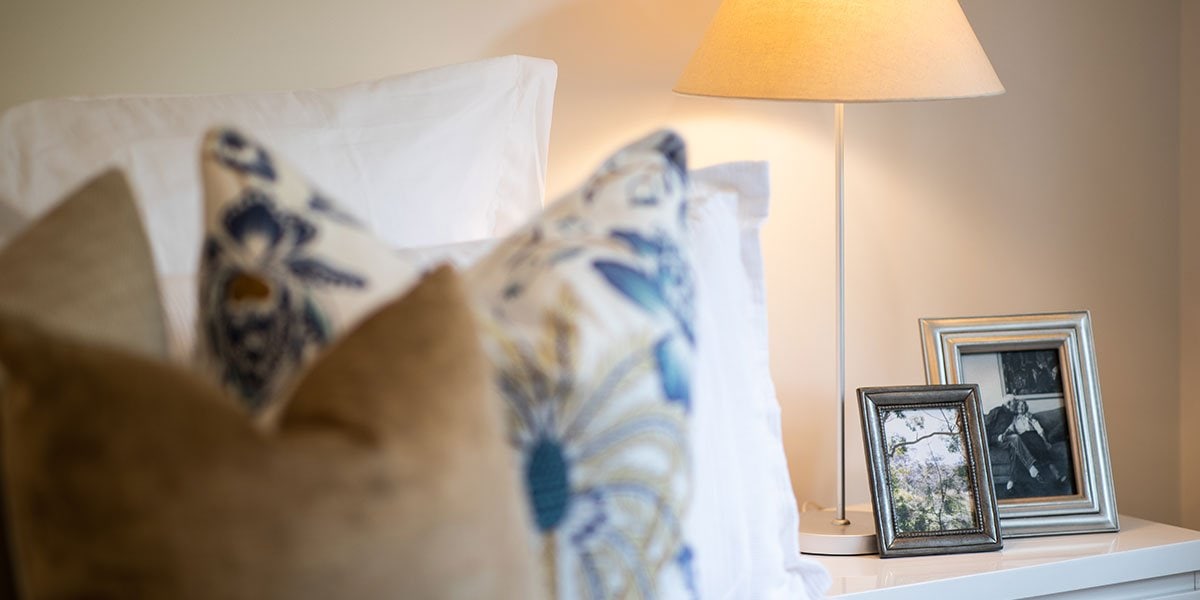
A home from a bygone era. This big California bungalow was built as a show home with native timbers, imported American cedar, closets and inbuilt cupboards (rare for the time), bay windows, window seats, exposed beams, plaster panels, deep skirting boards, leadlight windows, and front and back porches, and sat proudly on a quarter-acre plot. It even came with a pool table that the first owner built for his boys to keep them out of the local pool hall, which was full of ‘undesirables’. It had stood the test of time, with only two other owners, our family would be it’s third.
Time passed so quickly on its strong and stable foundations. Children were born, raised, married and moved on. There were 40 Christmases, five wedding receptions, five funeral receptions, hundreds of birthdays, graduations and countless more highs and lows. It has been a safe place to return to, rest, recuperate, and reconnect.
I never wanted my mother to sell the family home. Having moved many times over the years, it was still the place I truly called ‘home’. That one place of familiarity and stability. Twelve years ago, when my father passed away, I found my family home even more meaningful to me because I could see my father everywhere – hanging wallpaper in my bedroom, reading the paper in his favourite chair, tinkering in the garage.
How do you know when it’s time to leave your family home?
Mum often told me after Dad died, “This house is too big for me, and it’s a lot of work”. In spite of the emotional attachment my mother had to her home, the practicality of maintaining such a large property was beginning to burden her. Then there was the cost of heating and maintaining it, not to mention the worry of keeping it secure. Over the years, I’ve noticed that more of my mother’s time is spent maintaining the property and worrying about another repair – after all, it is over 100 years old. Since her well-being is more important than our attachment to the property, we knew it was time for another family to move in.
Our family home remains a part of us when we leave it
Even when a new chapter begins and it’s time to move on, the warmth and energy a home provides over the years remains with the person who lived there. The fusion between a home and its owner is difficult to describe, but most of us who have lived in a home for a long period of time have experienced that connection. Although my mother will physically move to a new place, everything that represents love, security, and the highs and lows of life is incorporated within her, so when she leaves, she will take it all with her.
Why would you want to move into a retirement village?
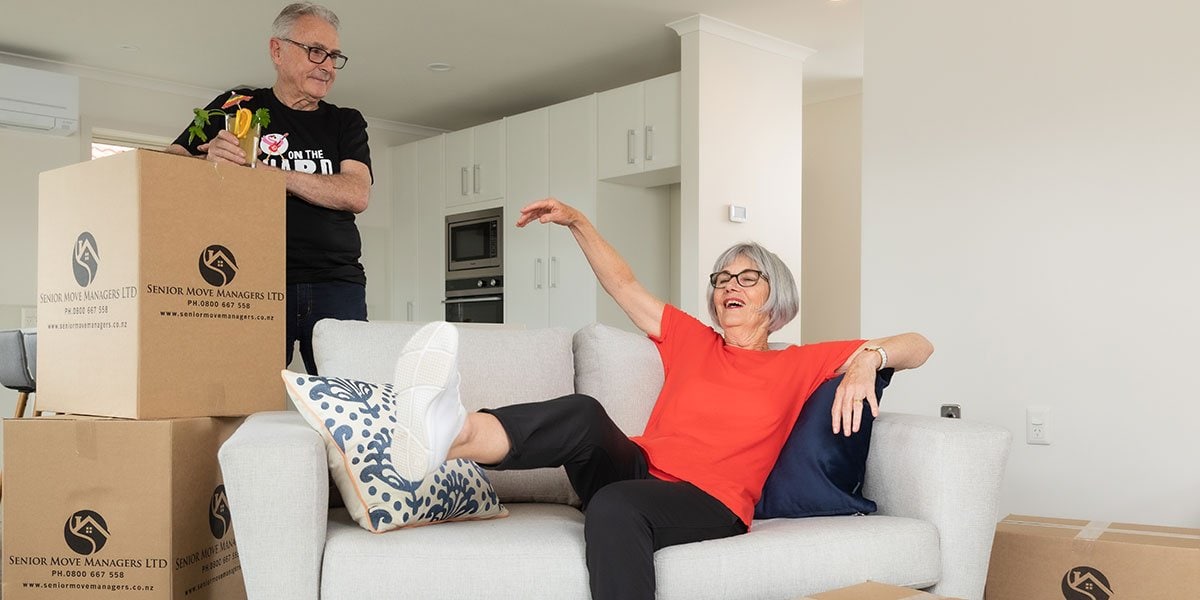
Moving from a family home to a retirement village is a big turning point in life. But downsizing your home doesn’t have to mean downsizing your life. The contrary is true – retirement villages can introduce you to a whole new world filled with new hobbies, activities, and people. For some people, moving to a retirement village can be the best decision they ever make. They can enjoy more leisure time, make new friends, and have access to amenities and activities that they may not have had access to before. With the pressure of maintaining a home removed, they can spend more time enjoying life. Furthermore, they can rest assured that support is available if they need it. While knowing you’re safe and secure makes getting a good night’s sleep so much easier.
Research has shown time and time again that the social and physical environment we live in has a big impact on how we age. In part, this is because where you live shapes what you can do there, and in that way, influences your health. Sometimes leaving your home is the best thing you can do for your well-being.
Christmas is coming and homes represent memories and love, but those things remain with people forever. Some people may believe that when they leave a place, they leave a piece of themselves behind, but they actually take the home with them since everything it represents stays with them. As Mum moves into her new retirement home, she’s mindful of how she is taking the essence of our ‘homestead’ with her.
Have a wonderful Christmas, everyone
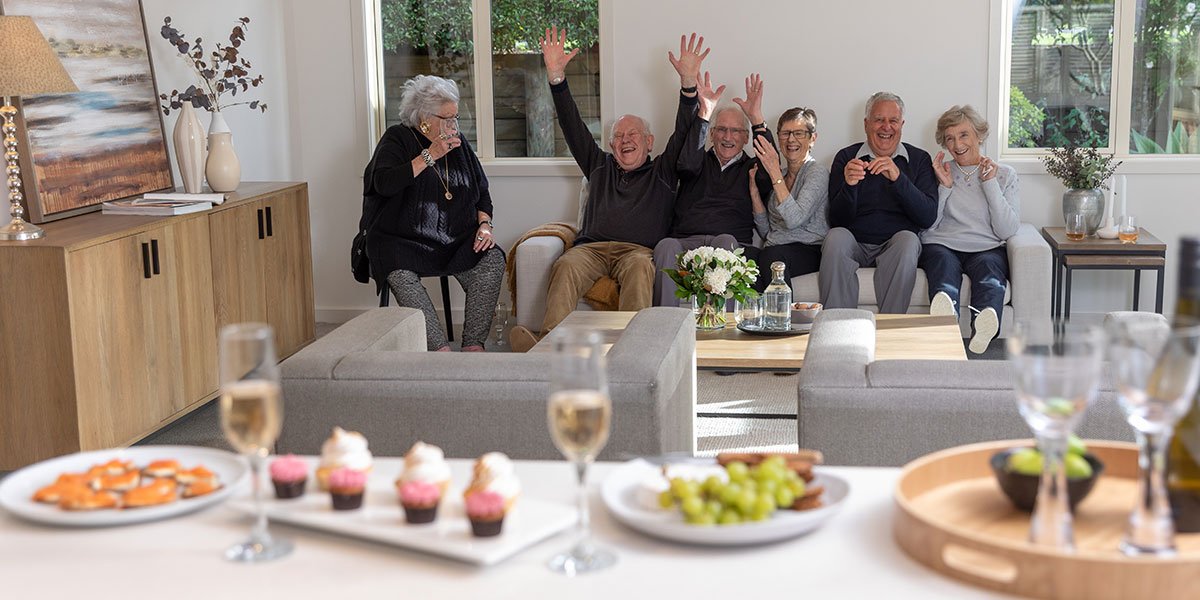
Let’s toast to a new year and a new chapter. We can help you or someone you love if retirement homes are on your mind this year. As a team, we understand this transition well, and our residents’ well-being is of paramount importance to us. This is in part why we were voted the best large retirement community in the North Island. Need to chat about your new chapter? Get in touch with one of our friendly team.
